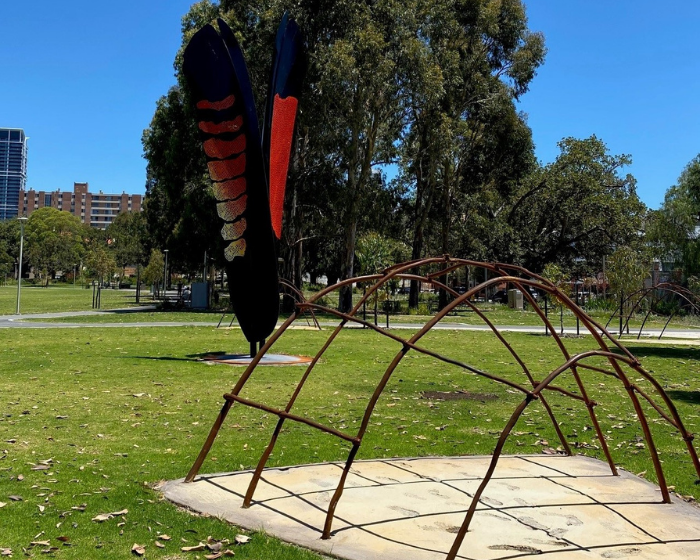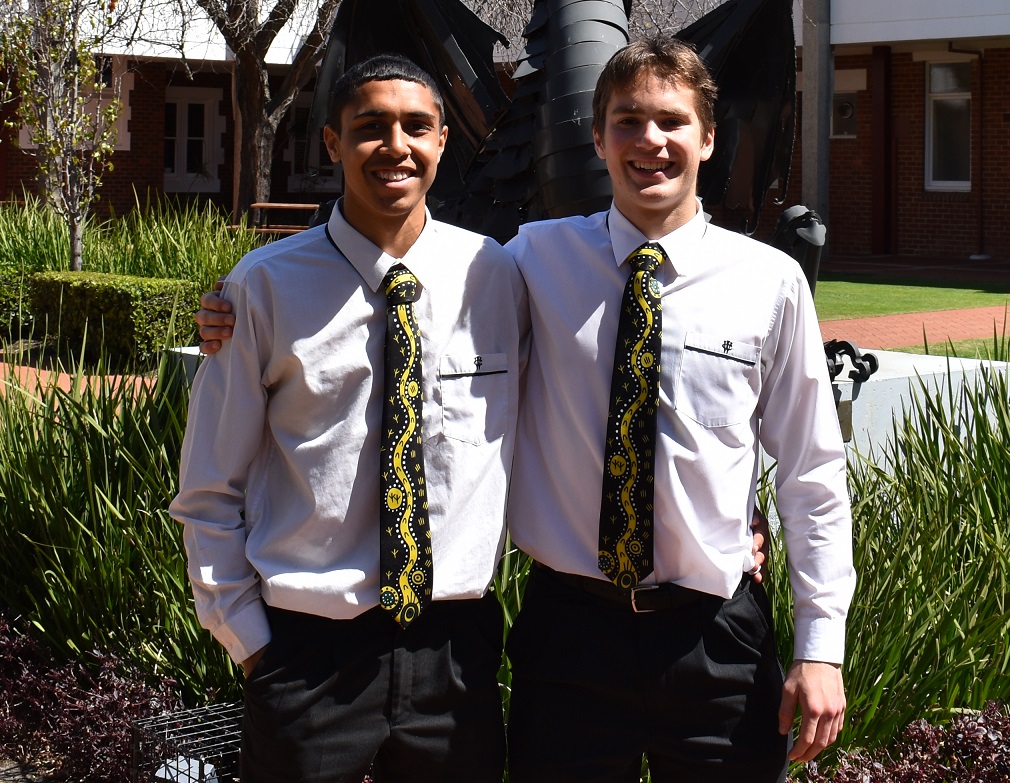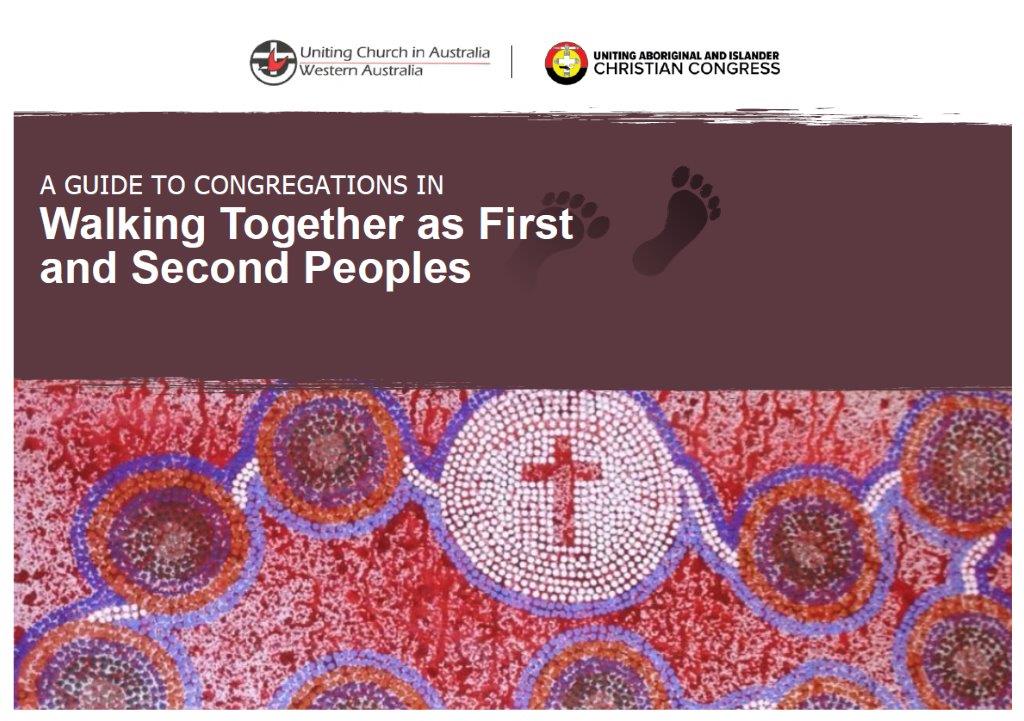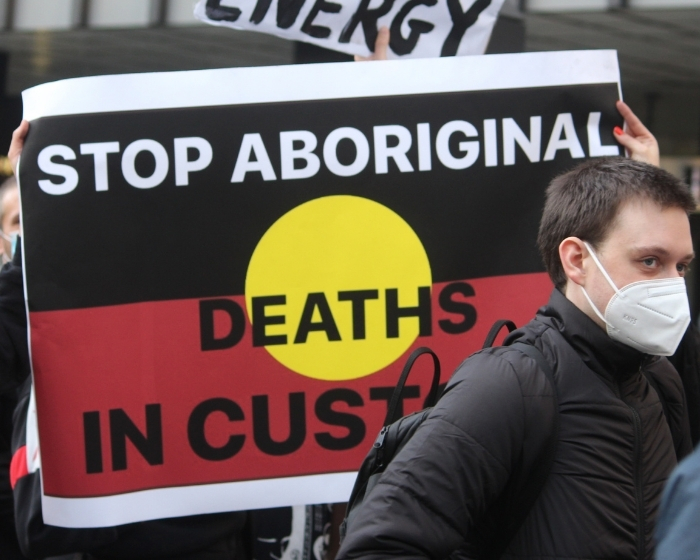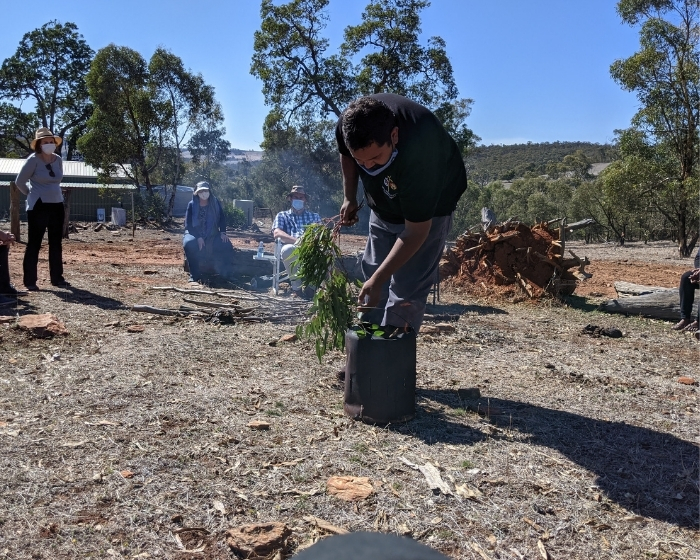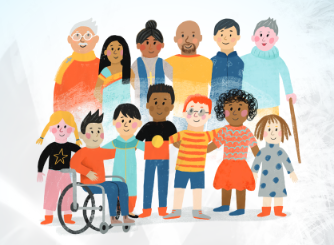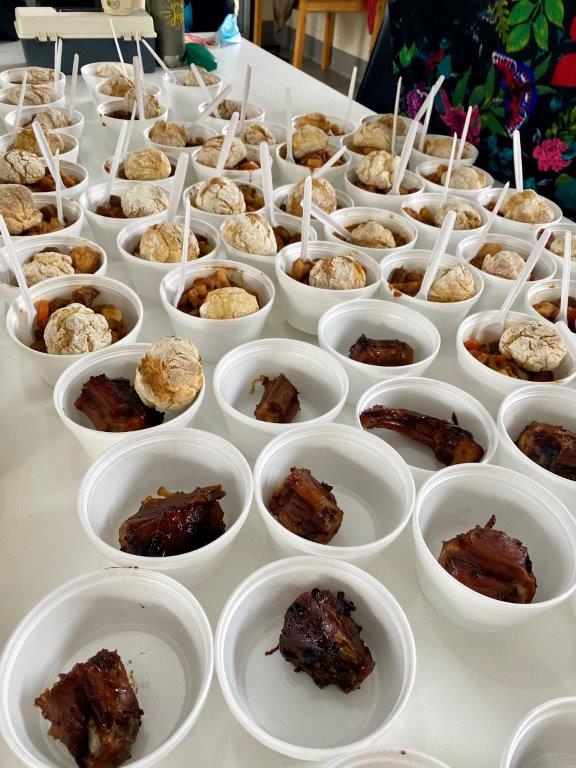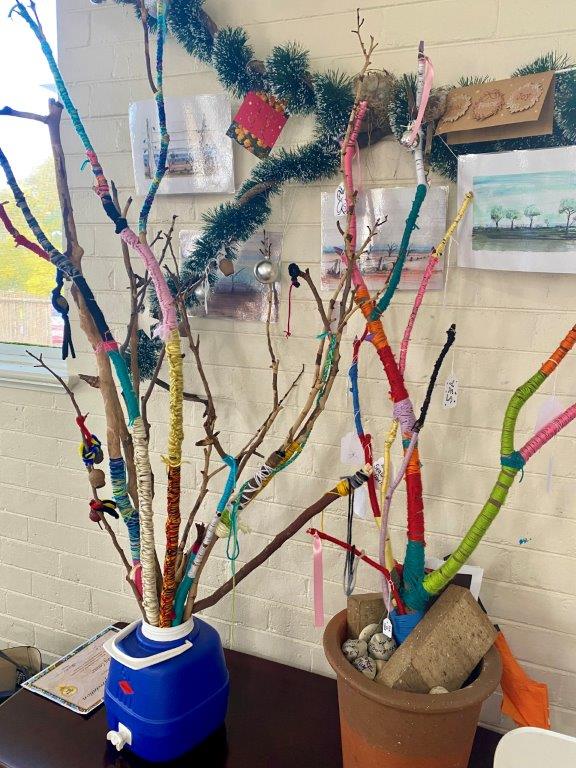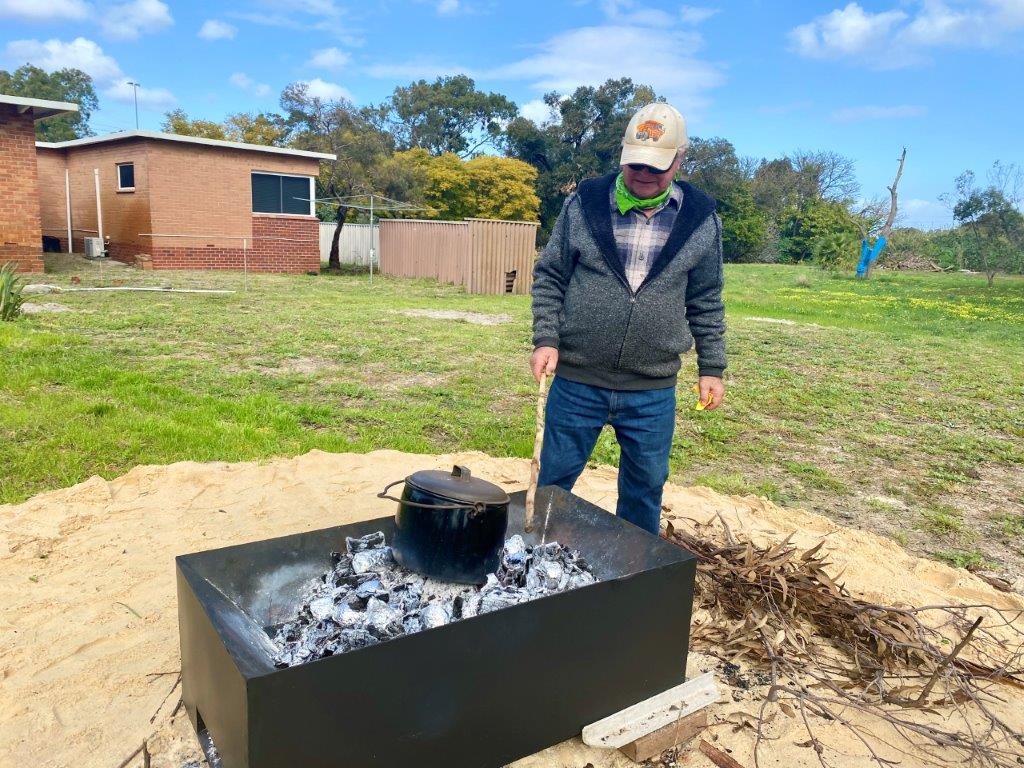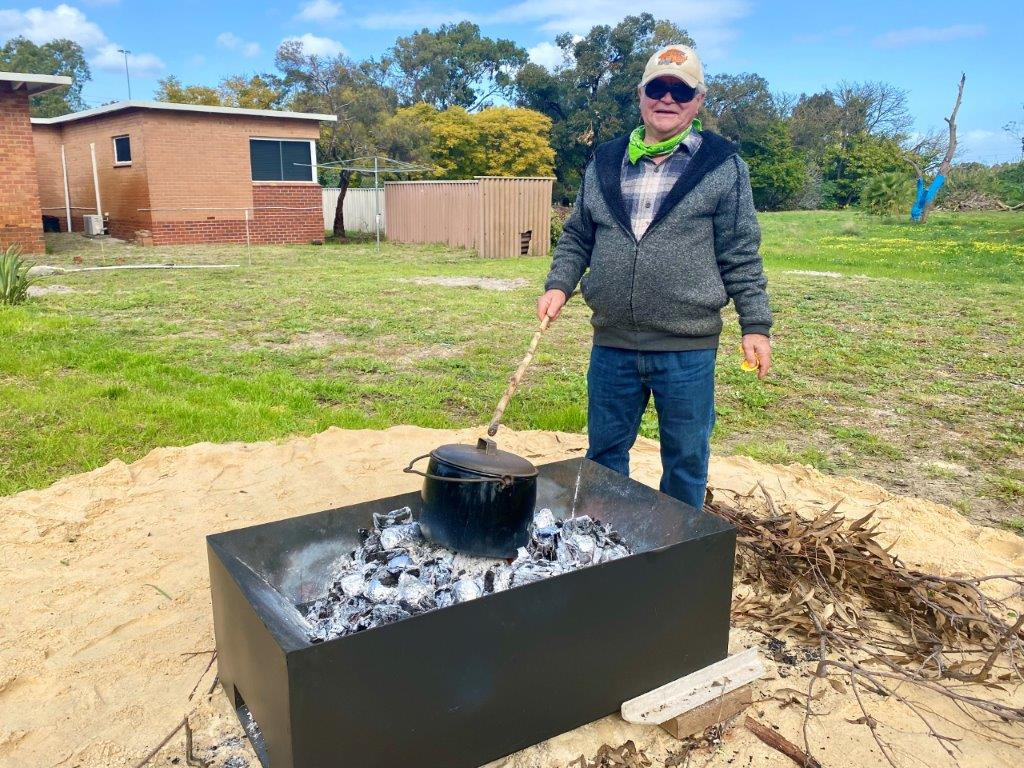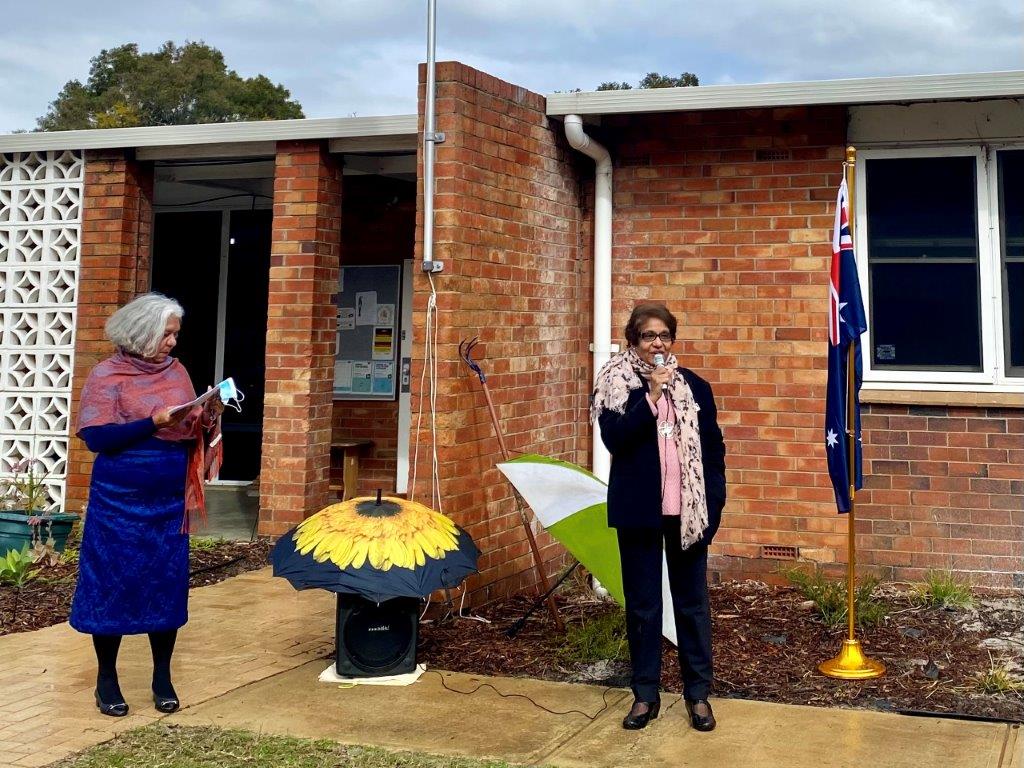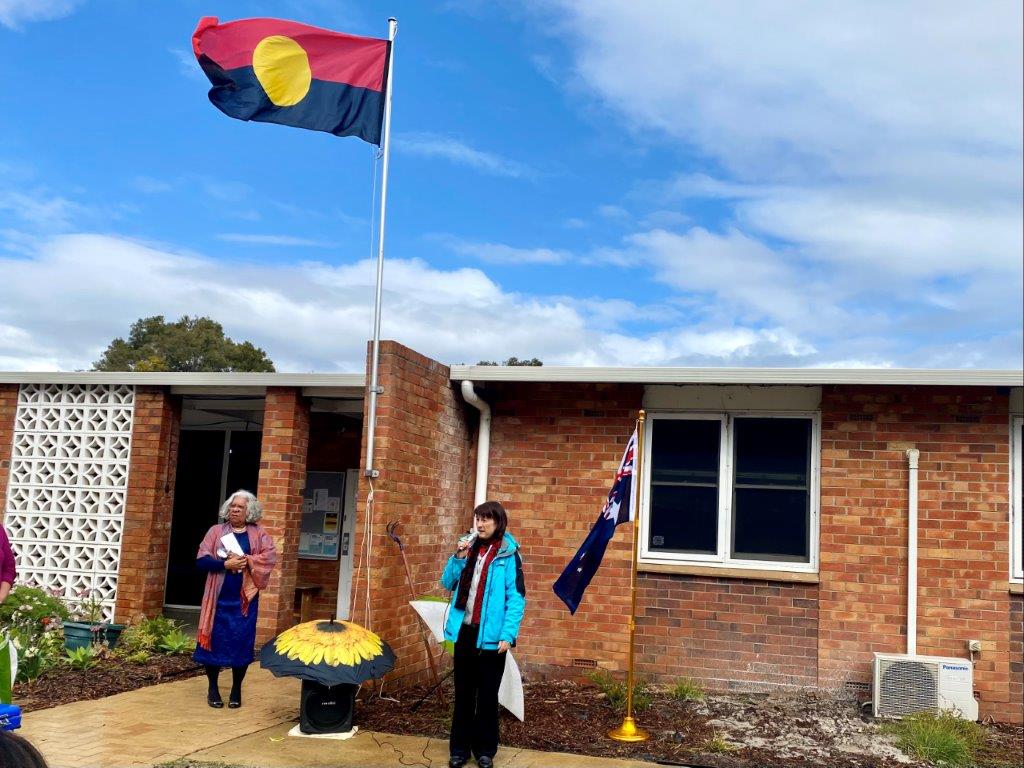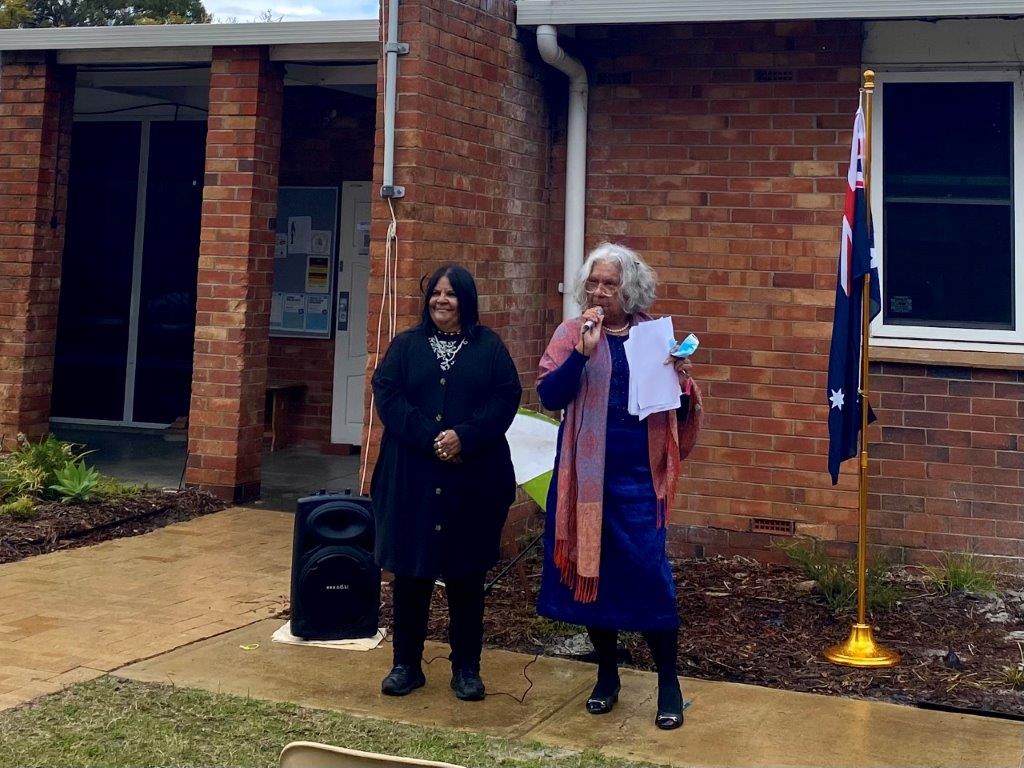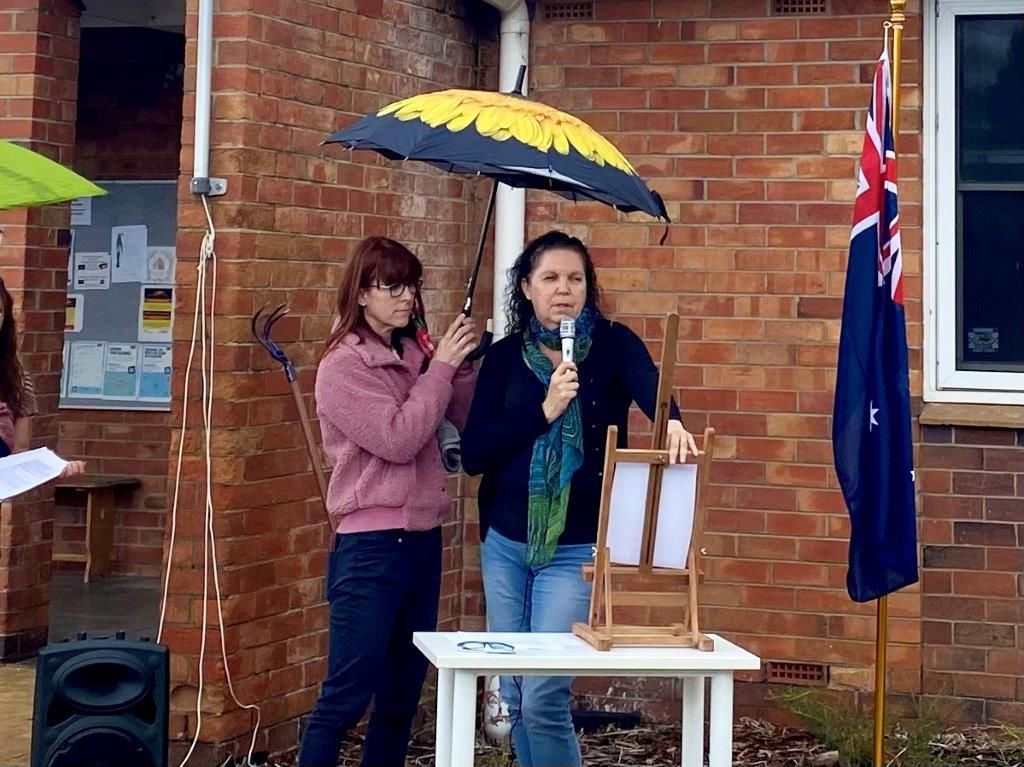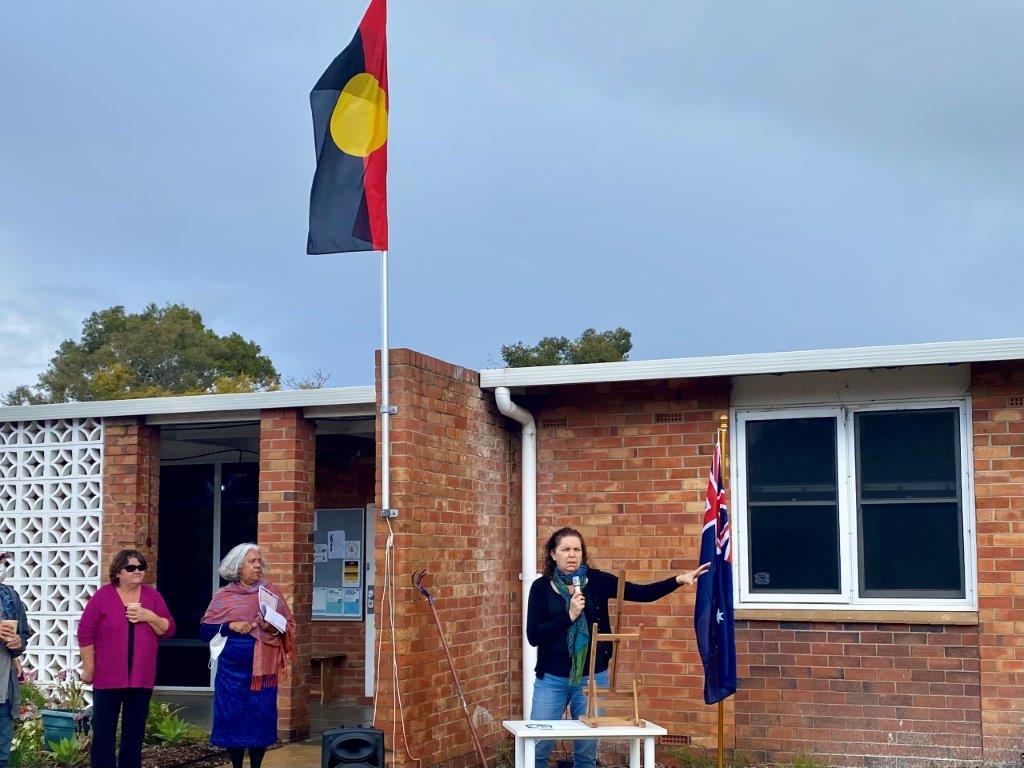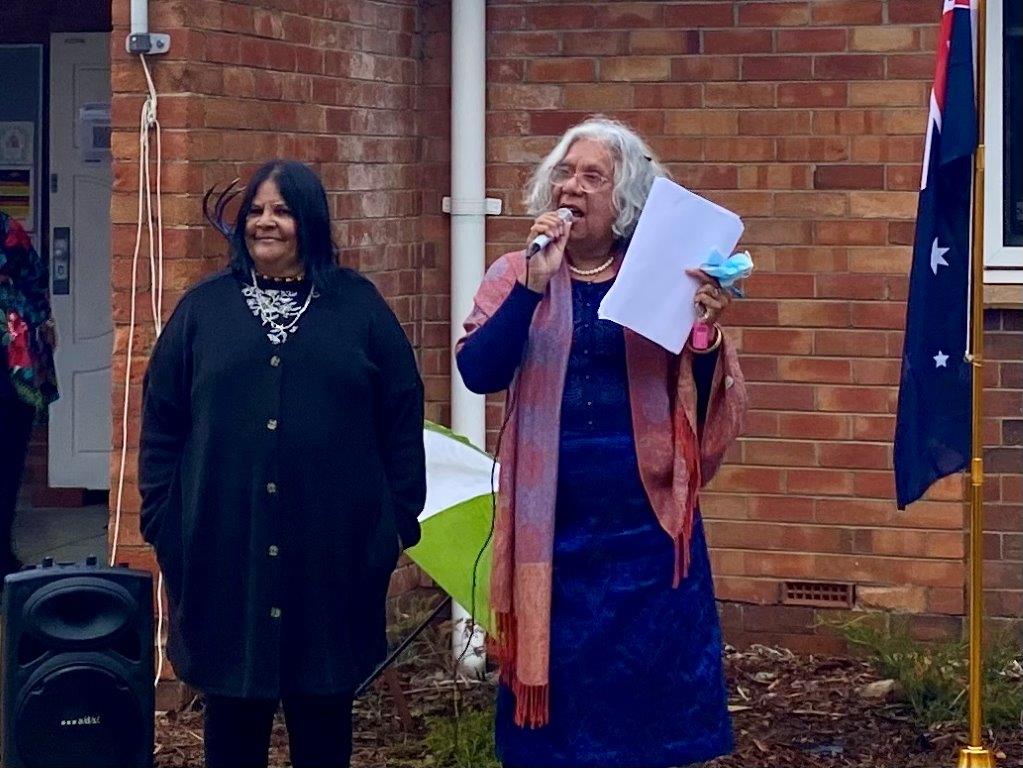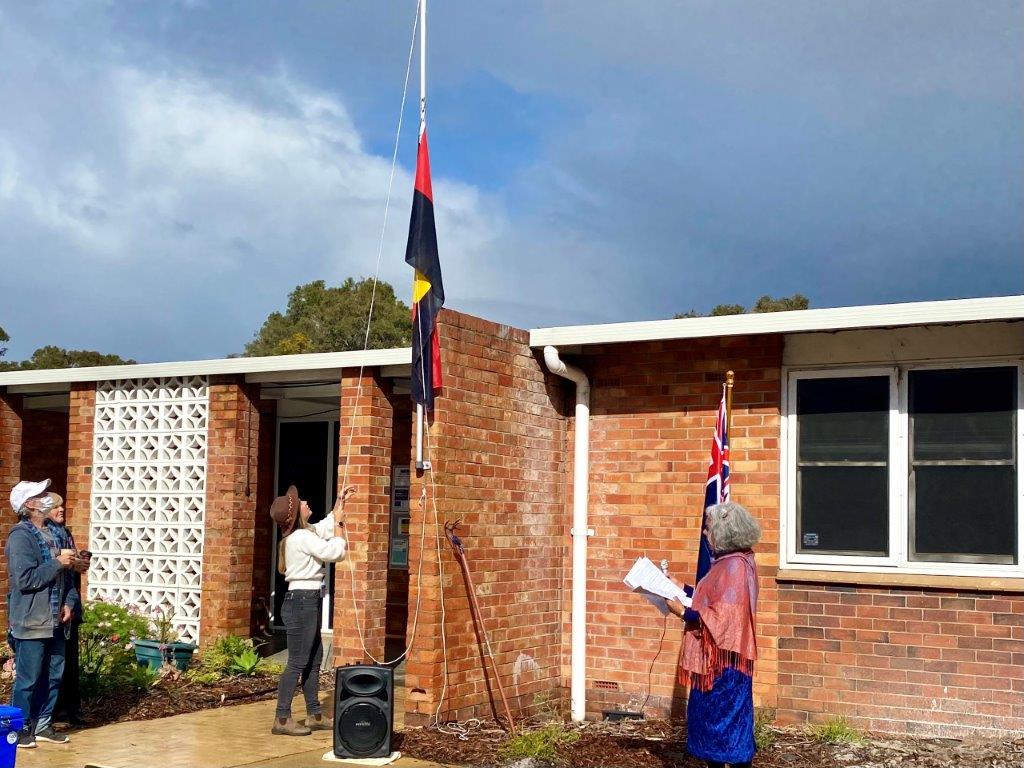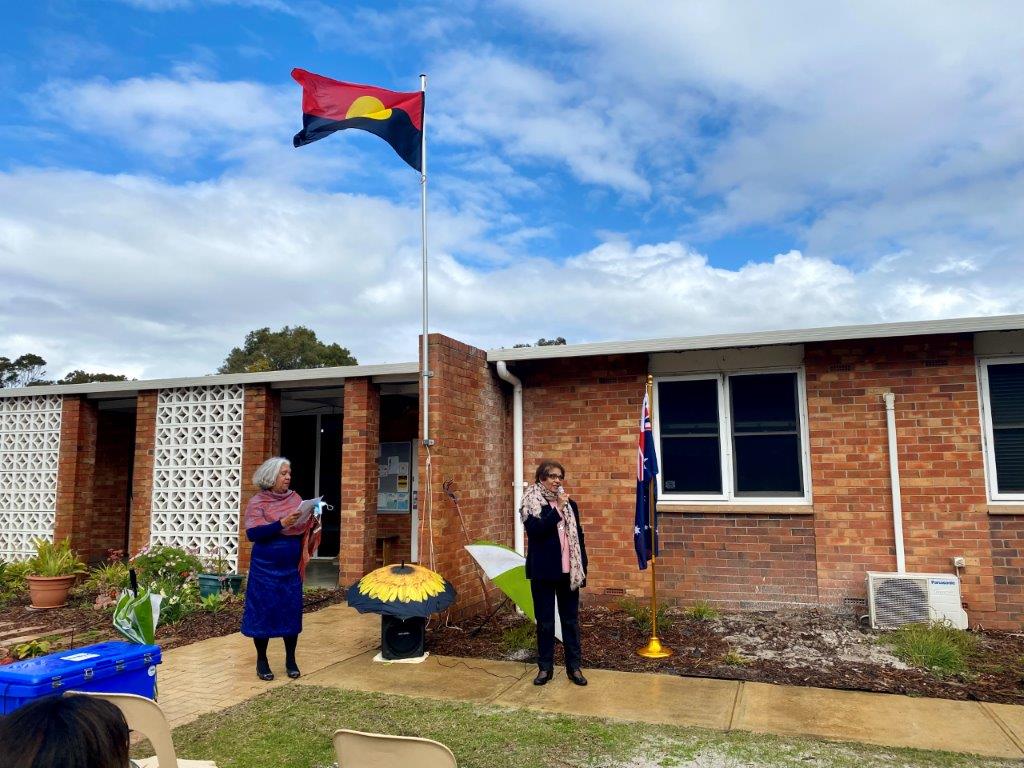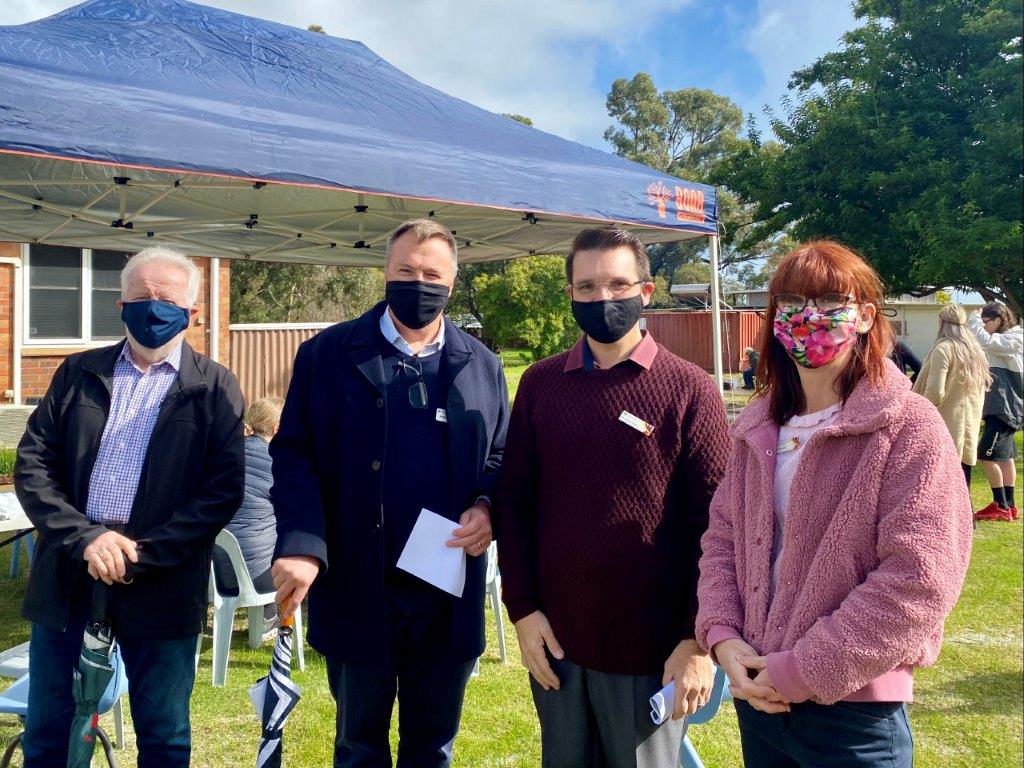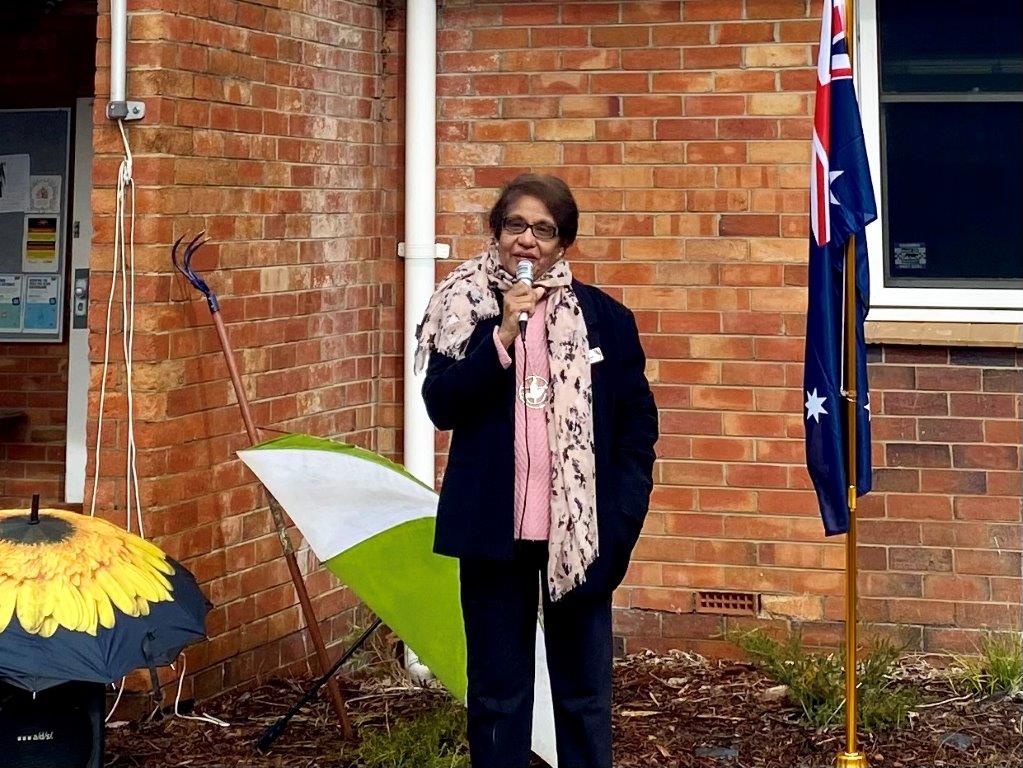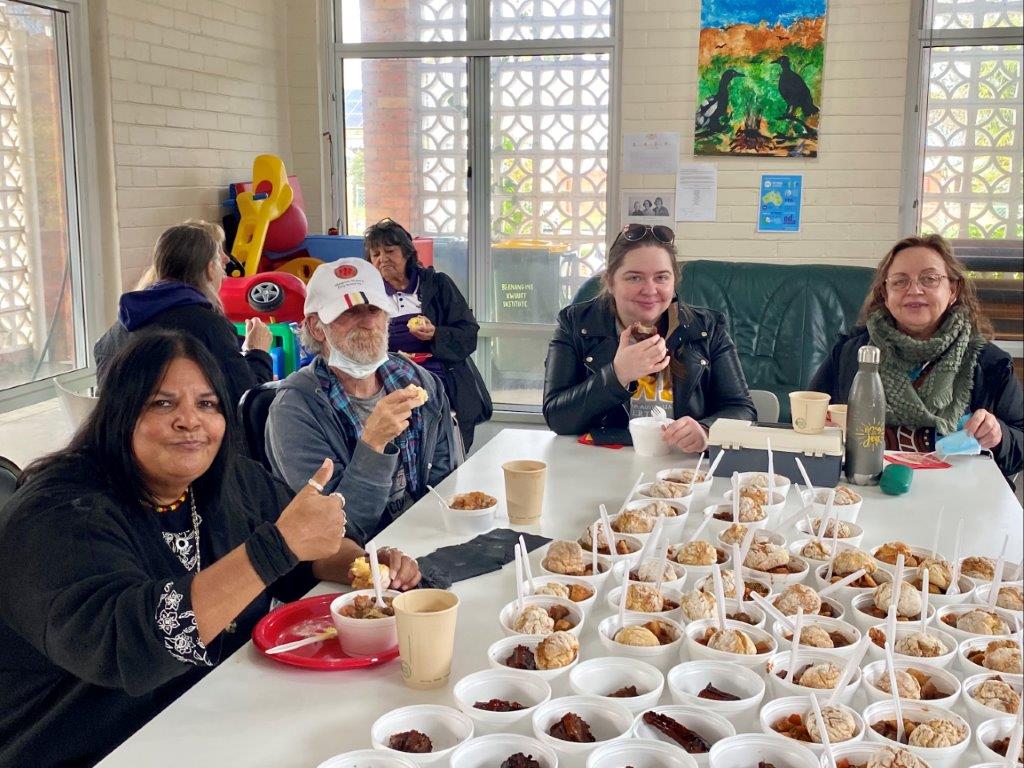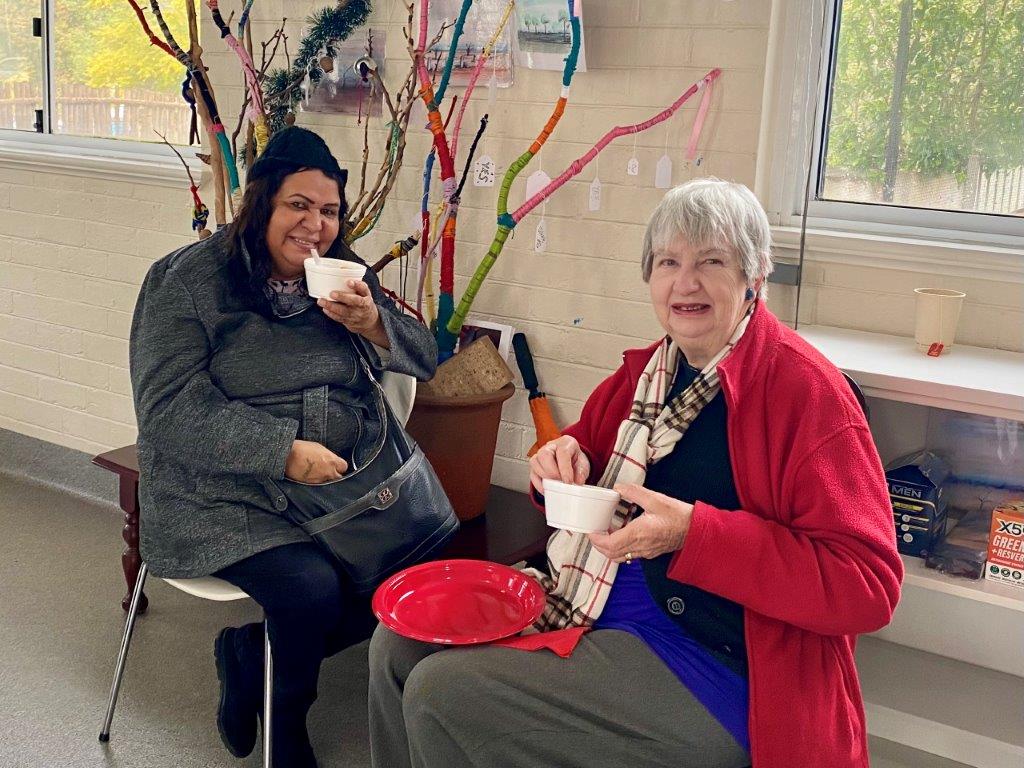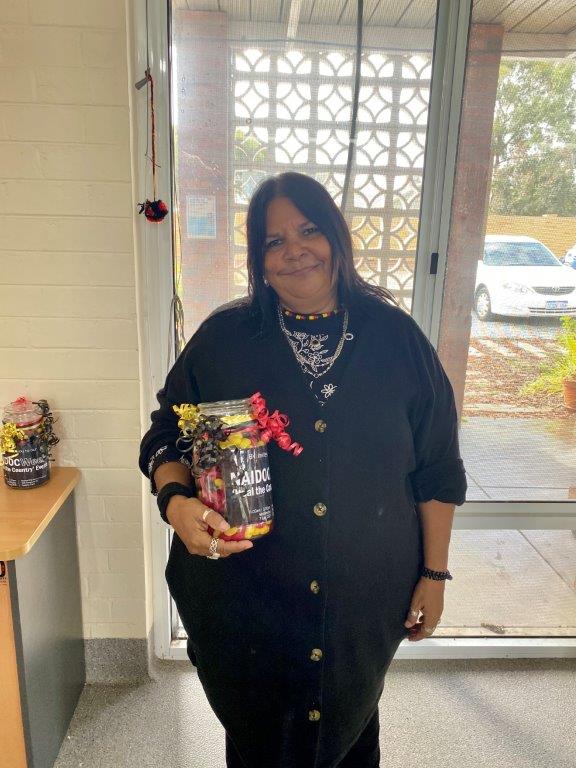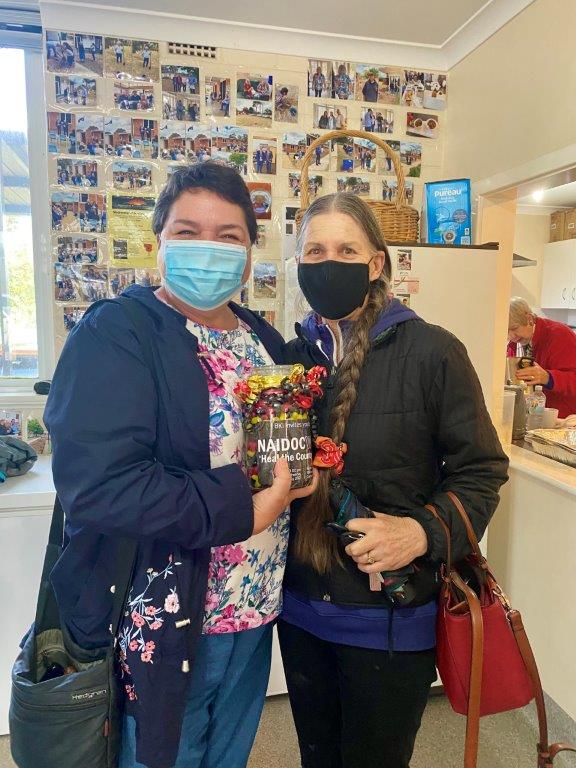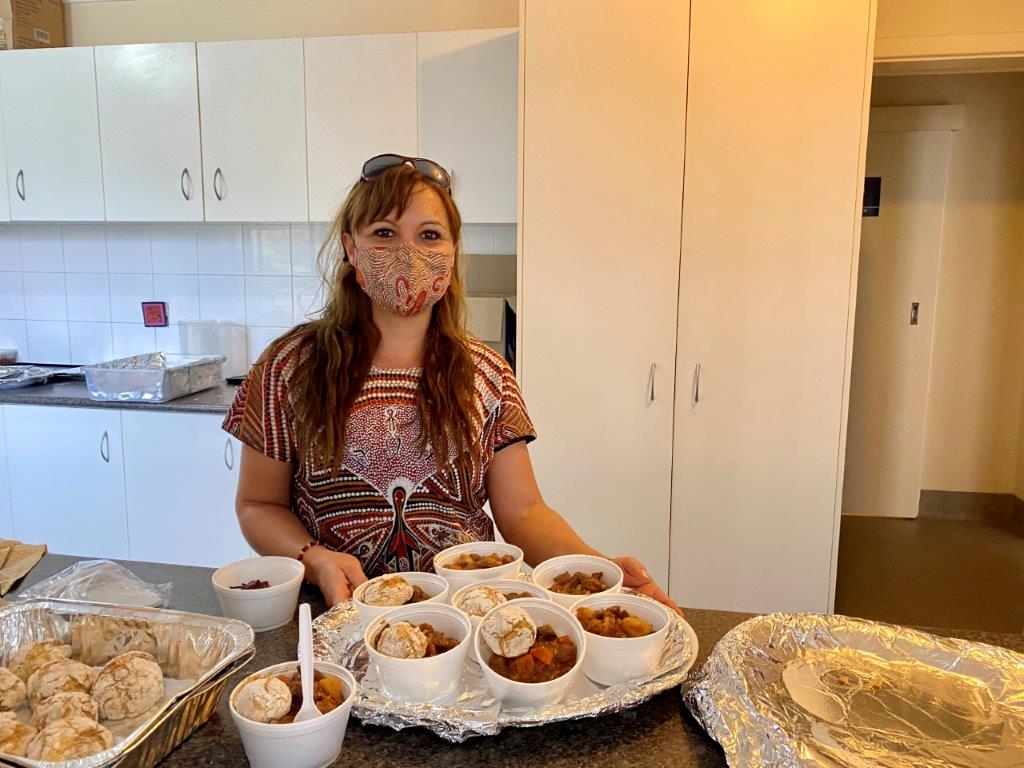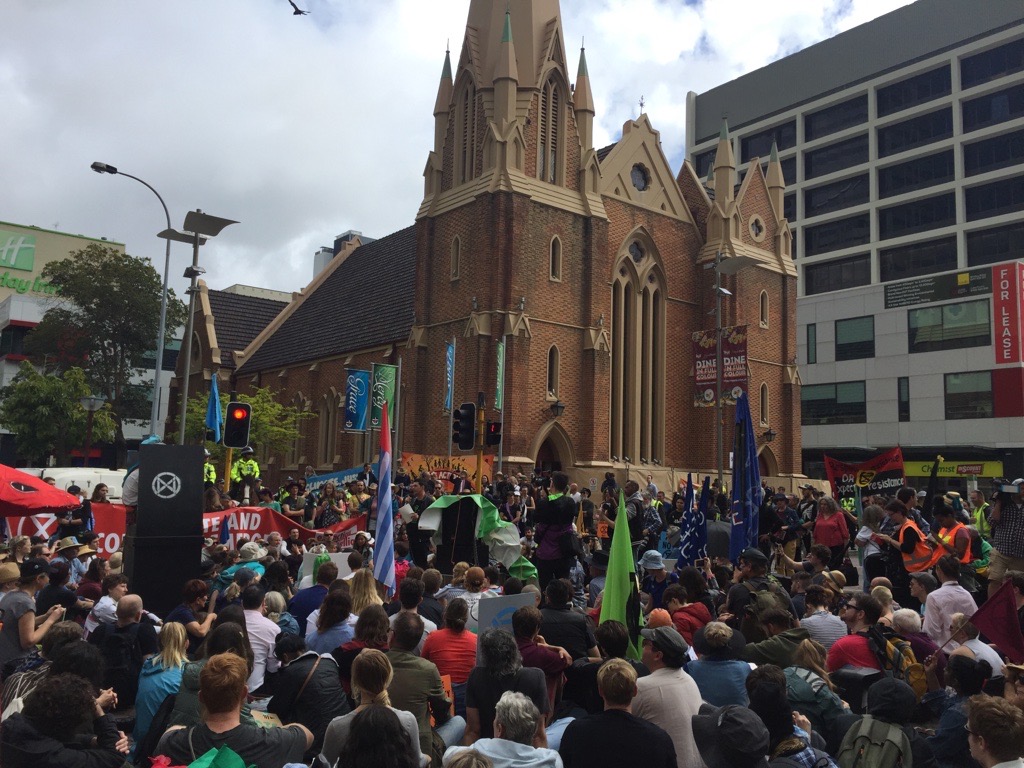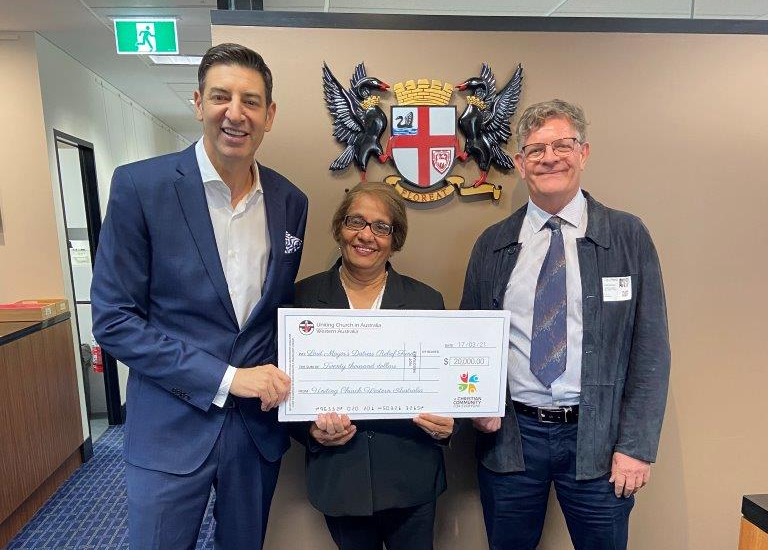On Wednesday 24 November Stolen Generations survivors, family and supporters including City of Perth Lord Mayor Basil Zempilas, gathered at Moort ak Waadiny – Wellington Square, East Perth for the ‘soft launch’ of the new Stolen Generations memorial ‘Mia Mias’. Artist Sandra Hill, an Elder and custodian of the Wadandi people, and Stolen Generations survivor herself, was commissioned to create the artwork for the memorial.
She said, “My whole public art career has been moving towards this moment in time. The whole meaning is about bringing them home.”
The artwork features two tail feathers of the Kaarak (Red Tailed cockatoo) which represent the collective loss of the children who were stolen from their families. Surrounding the feathers are five Mia Mias (traditional houses). They signify ‘bringing them home’, honouring the space as a long-held meeting place for Aboriginal people over the years.
Ms Hill said, “The feathers represent the time, and I couldn’t think of a better way to recognise those stolen children than with these feathers. When it lights up, it acts as a beacon to help them find their way home.”
The space will be used for annual Sorry Day gatherings, as well as being an educational, ceremonial space and gathering place for Stolen Generations survivors and family. The memorial will be an important public space for survivors to mourn their loss, and where the truth of the past can be acknowledged.
Mitchell Garlett from the Uniting Aboriginal & Islander Christian Congress (WA) was there for the opening of the memorial and said it was a particularly special occasion.
He said, “This is a really beautiful memorial. It makes this place a kwurt place, a heart place again. I know our old people would be pleased with this. For me this is the beginning of acknowledging the past and what had taken place at a public level, which will only lead to bigger and better things as first and second peoples journey together towards healing, truth and justice for a hurting world in which we live.”
If you want to learn more about the development of this acknowledgement to the Stolen Generations here’s an article from Revive written earlier in the year talking about the significance of the space. A video has also been produced where Sandra Hill tells her story of the creation of this artwork.
We look forward to taking part in Sorry Day next year where the memorial will be a powerful presence as we acknowledge the grief and trauma experienced by members of the Stolen Generations and their families, and celebrate the strength and resilience of survivors.
Wendy Hendry and Geoff Bice, Uniting Church WA Social Justice Unit.
